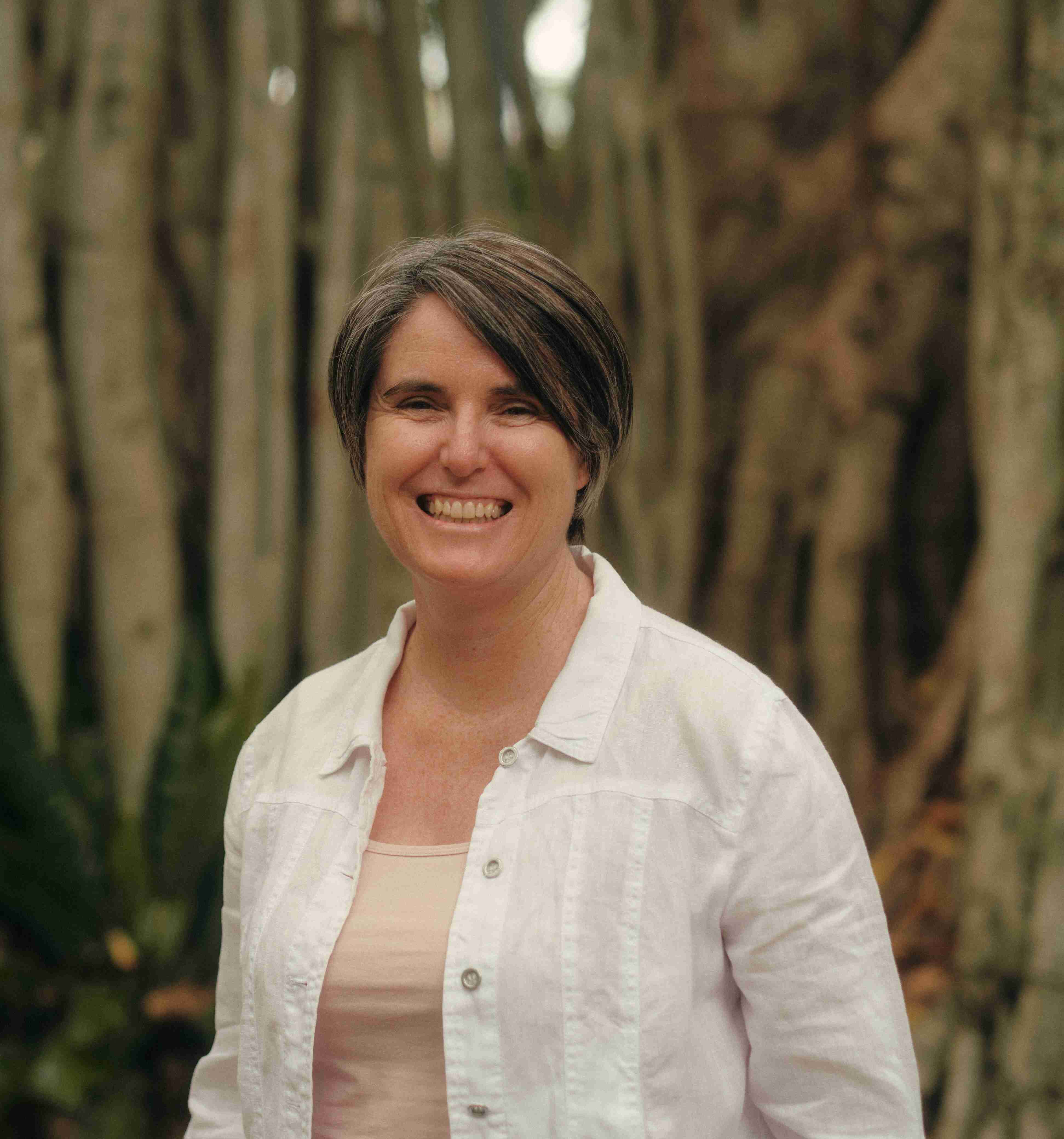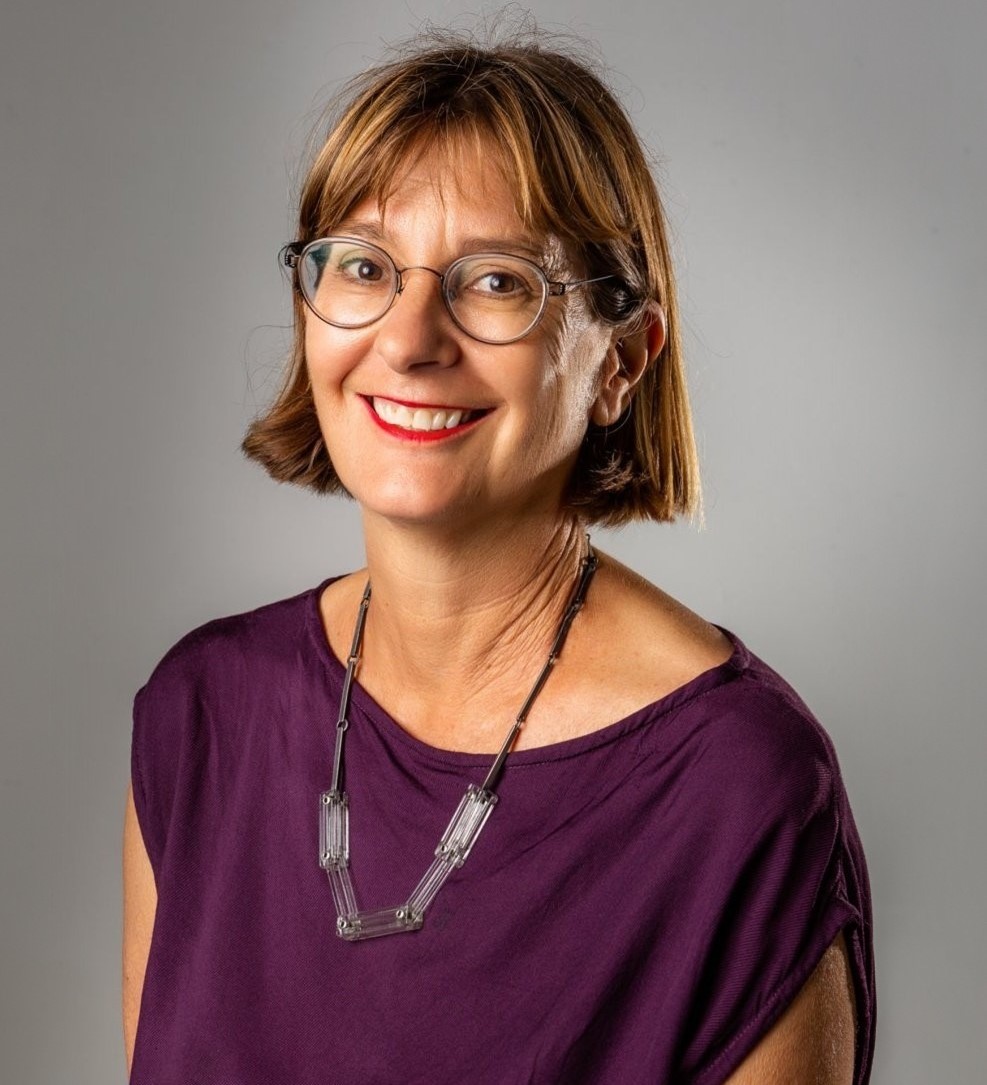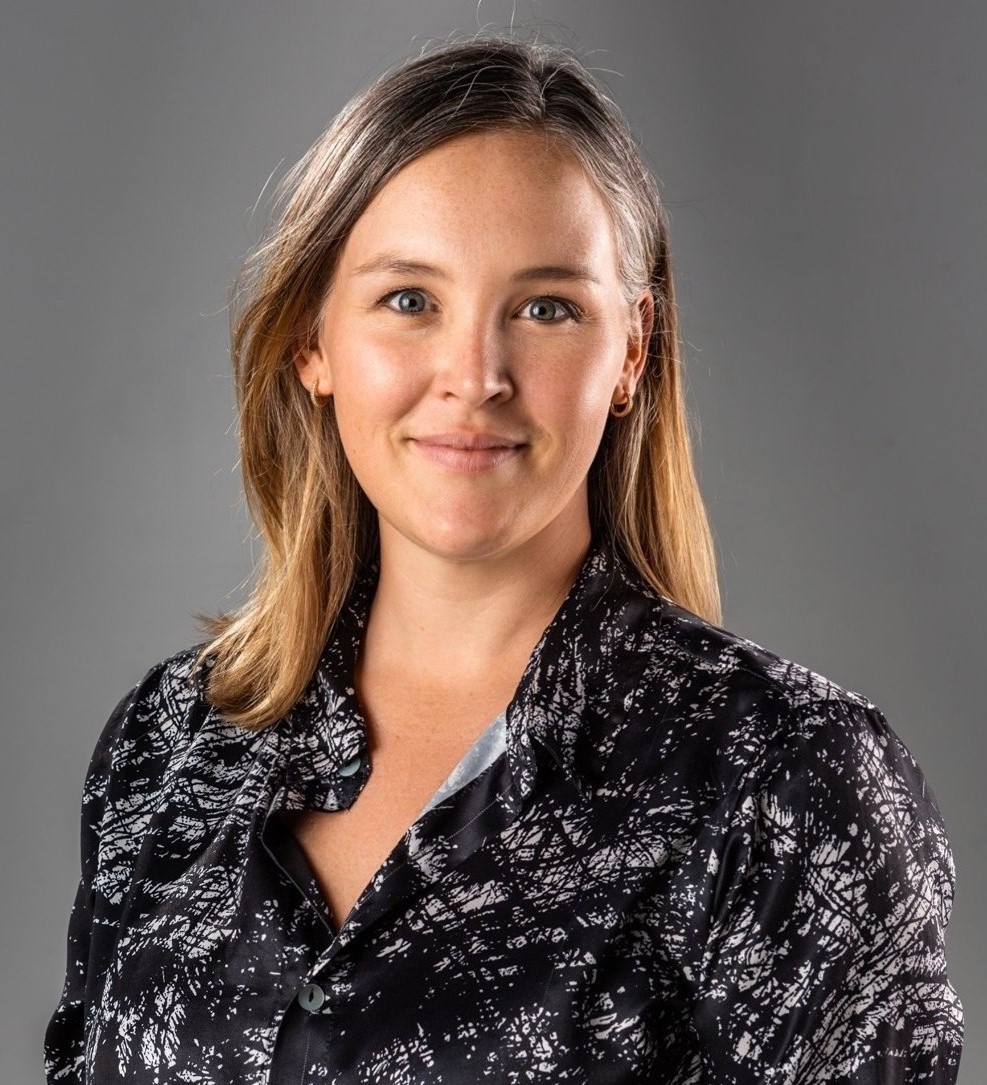We establish opportunities for meaningful engagement
The Creative Arts Research Institute (CARI) was established in 2021 to support the growth of research in the creative arts and design. Celebrating a diversity of creative endeavours, CARI establishes opportunities for meaningful engagement with industry and communities, through local and international partnerships, towards a culture of excellence, rigour and risk-taking in arts-based research. We share this work in our communities of practice, through our cultural institutions, and through a variety of creative and written publications.
Interdisciplinary artistic research offers new innovative perspectives and creative pathways forward, advancing solutions for many of the most complex questions of our time. CARI members actively collaborate across Griffith University through the Climate Action Beacon and the strategic multi-disciplinary initiatives Inclusive Futures and Disrupting Violence.
CARI is a place for imagining, making, and thinking in the arts. Grounded in our disciplinary expertise, our researchers disrupt, perform, communicate, share, collaborate, create and envision within and through the arts. Our members include Fulbright Scholars, Australia Research Council Future Fellows, Australia Council Grant recipients, National Library Fellowship recipients and receive funding from other competitive sources.
CARI members undertake consultancies and produce commercial research in collaboration with partners such as Adelaide Festival Centre, Enabler Interactive, QPAC, Queensland Holocaust Museum, Screen Queensland, Warner Bros, National Institute of Dramatic Art, and Queensland Rail.

Director
Professor Naomi Sunderland
Naomi Sunderland is a proud descendant of the Wiradjuri First Nations People of Australia alongside her mixed European heritage. Naomi has an expansive research and publishing record in arts-health, well-being, and First Nations social justice with a particular focus on creative, anti-oppressive, and trauma-informed research approaches. After completing a postdoctoral fellowship in community responses to health inequality in Logan-Beaudesert QLD, Naomi co-facilitated transformative intercultural service learning trips for Queensland Conservatorium music students to Tennant Creek in the Northern Territory. That led to over a decade of collaborative community led research with Central Australian First Nations communities and organisations and international collaborations in China, Finland, Vanuatu, Aotearoa New Zealand, the United States, and Ireland. She taught in the First Peoples and Social Justice team at Griffith University from 2014 specialising in transformative learning and teaching, cultural and social health determinants, and anti-oppressive practice.
Naomi is a passionate mentor for early career and higher degree researchers and interdisciplinary research teams. She was awarded an Australian Research Council Fellowship (2021-2024) to lead a national study of First Nations' music as a determinant of health and a Fulbright Senior Scholar award (2024) to develop collective music-making for collective healing at the University of New Mexico. She is the recipient of two Vice Chancellor's and two Pro Vice Chancellor's awards for Research Excellence in a Team. Naomi is an invited honorary member of the Queensland Academy of Arts and Sciences. She has been an invited consultant and research advisor to the United Nations and community-led organisations across Australia.
Executive

Deputy Director Research
Professor Susan Best
Queensland College of Art and Design
Susan Best is an art historian with expertise in critical theory and modern and contemporary art. She is a fellow of the Australian Academy of the Humanities and her book Visualizing Feeling: Affect and the Feminine Avant-garde (2011) won the Australian and New Zealand Art Association prize for best book.

Deputy Director Research
A/Prof Nico Meissner
Griffith Film School
Nico Meissner's research focusses on screen education, documentary practice, entrepreneurship in the creative industries as well as futuring and storytelling for innovation and impact. He was the inaugural Dean of the Faculty of Cinematic Arts in Malaysia and has taught filmmaking, storytelling and entrepreneurship in Australia and internationally.

Deputy Director Research
A/Prof Alexis Anja Kallio
Queensland Conservatorium
Alexis Kallio is a specialist in the politics of music education, with a particular focus on diversity and equity issues in university, school, and community settings. Her research examines how musicians can inform and support preventative, and strengths-based approaches to youth justice.
Industry Advisory Board
Industry Advisory Board
Industry representation:
- Dr Chetana Andary, Senior Principal, Middle East UAP (Chair)
- Mr Troy Casey, Director, Blaklash Creative
- Dr Lawrence English, Director, Room 40
- Ms Virginia Hyam, Head of Programming, Home of the Arts
- Dr Heidi Edmonds, Senior Project Manager (Queensland Projects), Beyond Zero Emissions
- Mr Benjamin Richards, Director, Apothecary Films
Griffith University ex-officio representation:
Contact us
Contact us to find out more about CARI or to subscribe to our fortnightly e-newsletter
Acknowledgement of Country
We acknowledge the Traditional Custodians of this Country on which we live and work. We recognise their continuing connection to place and culture, and pay respects to their Elders past, present and emerging.